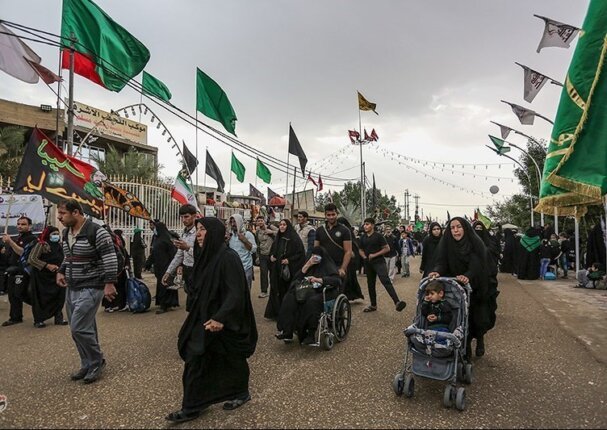The Pakistani government has barred road travel to Iran and Iraq for the 2025 Arbaeen pilgrimage, citing growing security threats in Balochistan and regional instability. Interior Minister Mohsin Naqvi confirmed that pilgrims—commonly known as Zaireen—will only be permitted to travel by air this year.
The decision, announced via a post on X, was reached after consultations with the Ministry of Foreign Affairs, provincial authorities, and national security agencies.
“This difficult decision was made for the safety of the people and in light of national security concerns,” said Naqvi.
To support pilgrims still intending to go, Prime Minister Shehbaz Sharif has ordered the Ministry of Aviation to arrange special flights, ensuring religious travelers can reach their destinations.
In a high-level meeting with Naqvi, the Prime Minister also reviewed the situation in Balochistan and approved work on the Gwadar Safe City project—a step seen as part of a broader push to stabilize the province.
Despite the intentions, the move has been met with sharp criticism from religious and civil society groups. On Alamdar Road in Quetta, protesters voiced their anger over the restriction, calling it discriminatory and financially burdensome for the thousands who rely on road transport due to high airfare costs.
Many protesters noted they had already obtained visas and made preparations, only to be stopped by a last-minute decision. They urged the government to restore road travel access and enhance protective measures instead of imposing blanket bans.
The Arbaeen pilgrimage marks the 40th day of mourning for Imam Hussain (AS) and draws millions to Iraq, including thousands from Pakistan. Traditionally, many travel through Iran by road, but with the 2025 policy change, the government has clearly shifted toward security-first pilgrimage facilitation.



